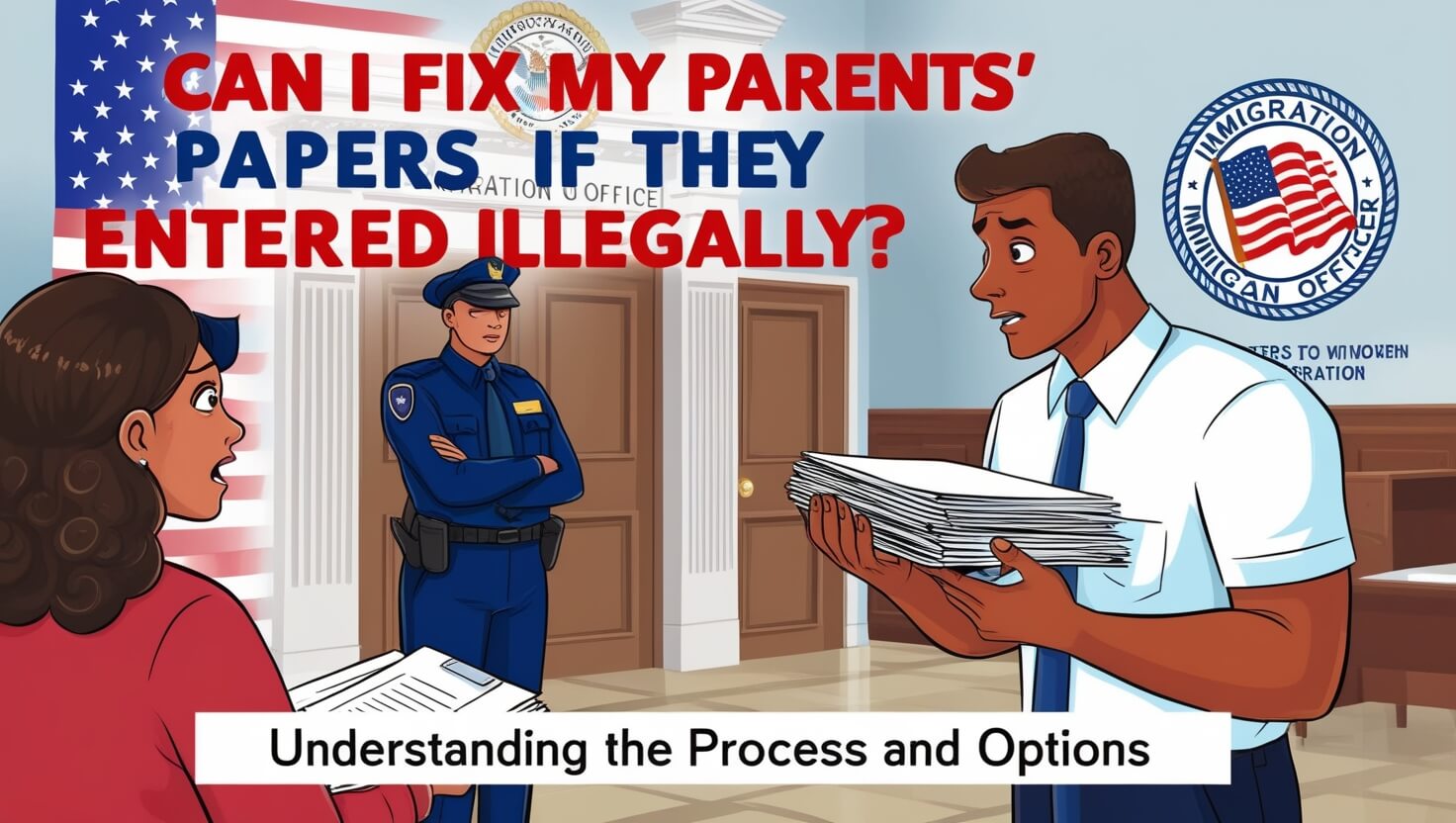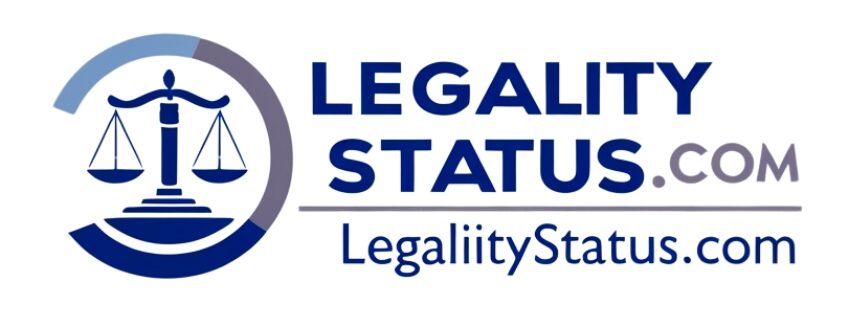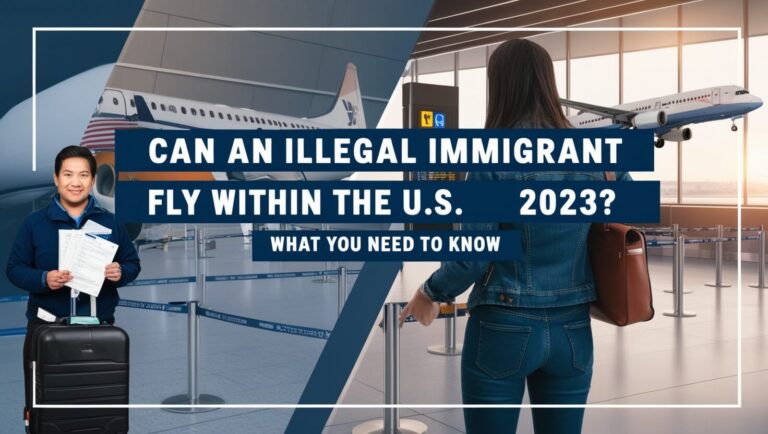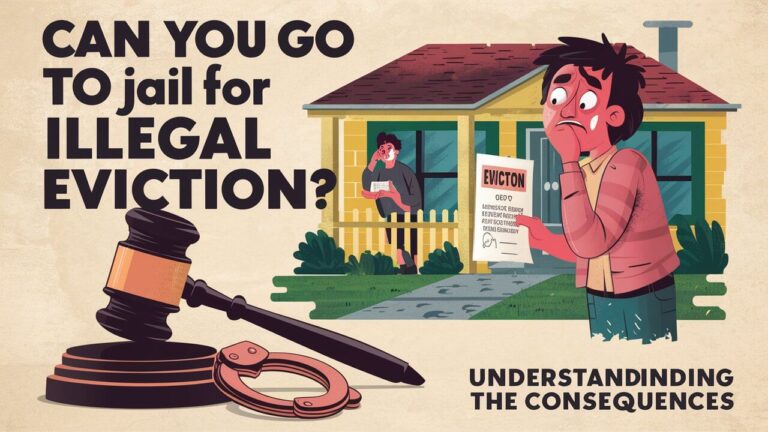Can I Fix My Parents Papers If They Entered Illegally?

If you’re a U.S. citizen with parents who entered the country illegally, you might be wondering if there’s a way to help them gain legal status. The short answer is yes, in some cases you can help fix your parents’ papers, but the process is complex and depends on various factors. This article will guide you through the options, challenges, and considerations involved in helping your parents regularize their immigration status.
Understanding the Situation
Before diving into the process of fixing your parents’ papers, it’s crucial to understand what “entered illegally” means and how it affects their immigration status.
What does “entered illegally” mean?
When we talk about illegal entry, we’re referring to individuals who came into the United States without going through official border checkpoints or without proper inspection by immigration officers. This could include crossing the border on foot, using fake documents, or even being smuggled into the country.
The impact of illegal entry on immigration status
Illegal entry has significant consequences for a person’s immigration status. It makes obtaining legal status much more challenging and can trigger additional barriers like re-entry bans. However, it’s not an absolute barrier to gaining legal status, especially if the person has a U.S. citizen child who can petition for them.
Options for U.S. Citizen Children to Help Their Parents
As a U.S. citizen, you have the ability to petition for your parents to gain legal status. However, there are some important requirements and considerations to keep in mind.
Age requirements for petitioning parents
To petition for your parents, you must be at least 21 years old. This is a strict requirement, and there are no exceptions. If you’re younger than 21, you’ll need to wait until you reach this age before you can start the process.
The importance of being a U.S. citizen
Only U.S. citizens can petition for their parents. If you’re a green card holder (permanent resident), you won’t be able to sponsor your parents until you become a naturalized citizen. This is one of the key differences between citizenship and permanent residency.
The Process of Fixing Your Parents’ Papers
If you meet the age and citizenship requirements, here’s an overview of the process to help your parents gain legal status.
Filing Form I-130: Petition for Alien Relative
The first step in the process is filing Form I-130, Petition for Alien Relative, with U.S. Citizenship and Immigration Services (USCIS). This form establishes the family relationship between you and your parents.
Key points about Form I-130:
- You’ll need to file a separate form for each parent
- You must provide evidence of your relationship, such as your birth certificate
- You’ll also need to prove your U.S. citizenship
Challenges for parents who entered illegally
While filing the I-130 is straightforward, the real challenges begin after this step. Because your parents entered illegally, they face additional hurdles in the immigration process.
Adjustment of Status vs. Consular Processing
After the I-130 is approved, there are two main paths forward: adjustment of status or consular processing. The option available to your parents depends on their specific circumstances.
When is Adjustment of Status possible?
Adjustment of status allows an individual to apply for a green card without leaving the United States. However, for parents who entered illegally, this option is rarely available. The main exception is if they qualify under Section 245(i) of the Immigration and Nationality Act, which we’ll discuss later.
Understanding Consular Processing
For most parents who entered illegally, consular processing is the only option. This means they’ll need to leave the U.S. and attend an interview at a U.S. embassy or consulate in their home country. However, leaving the U.S. can trigger additional complications, which we’ll explore next.
Overcoming Barriers: Waivers and Exceptions
Parents who entered illegally face several barriers to obtaining legal status. However, there are waivers and exceptions that can help overcome these obstacles.
Unlawful presence waivers (Form I-601A)
When a person has been in the U.S. illegally for more than 180 days, they become subject to re-entry bars. These bars prevent them from returning to the U.S. for either 3 or 10 years, depending on the length of their unlawful presence.
The I-601A waiver allows eligible individuals to apply for a waiver of these bars before they leave the U.S. for their consular interview. To qualify, they must prove that their U.S. citizen or permanent resident spouse or parent would suffer extreme hardship if they’re not allowed to return to the U.S.
Section 245(i) eligibility
Section 245(i) is a provision that allows certain individuals who entered illegally to adjust status within the U.S. To be eligible, a visa petition or labor certification must have been filed for them on or before April 30, 2001. If your parents meet this criteria, they may be able to adjust status without leaving the country.
Special Considerations for Parents Who Entered Illegally
There are additional factors that can complicate the process of fixing your parents’ papers if they entered illegally.
The 3/10-year bars
As mentioned earlier, unlawful presence in the U.S. can trigger re-entry bars:
- 3-year bar: For those who have been unlawfully present for more than 180 days but less than 1 year
- 10-year bar: For those who have been unlawfully present for 1 year or more
These bars are automatically triggered when a person leaves the U.S., which is why the I-601A waiver is so important for many families.
Criminal history and other inadmissibility grounds
Even if you can navigate the challenges related to illegal entry, other factors can make a person inadmissible. These include certain criminal convictions, fraud or misrepresentation, and health-related grounds. It’s crucial to consider all potential grounds of inadmissibility before starting the immigration process.
Alternative Paths to Legal Status
While family-based petitions are the most common way to fix parents’ papers, there are other potential paths to legal status.
Cancellation of Removal
If your parents are placed in removal (deportation) proceedings, they may be eligible for Cancellation of Removal. This is a form of relief that can lead to a green card if they meet certain criteria:
- 10 years of continuous physical presence in the U.S.
- Good moral character
- No disqualifying criminal convictions
- Exceptional and extremely unusual hardship to a U.S. citizen or permanent resident spouse, parent, or child if they’re deported
Asylum and other humanitarian relief
Depending on the circumstances in their home country, your parents might be eligible for asylum or other forms of humanitarian relief. These options are available regardless of how a person entered the U.S., but they have strict eligibility criteria and time limits.
Risks and Challenges in Fixing Your Parents’ Papers
It’s important to be aware of the potential risks and challenges involved in trying to fix your parents’ immigration status.
Potential for deportation
When someone without legal status comes to the attention of immigration authorities, there’s always a risk of deportation. This is why it’s crucial to consult with an experienced immigration attorney before taking any steps to change your parents’ status.
Financial and emotional costs
The immigration process can be lengthy, expensive, and emotionally draining. There are filing fees for various forms, potential legal fees, and costs associated with gathering required documents. Emotionally, the uncertainty and potential for family separation can be challenging for everyone involved.
Preparing for the Application Process
If you decide to move forward with fixing your parents’ papers, thorough preparation is key.
Gathering necessary documents
You’ll need to gather various documents, which may include:
- Birth certificates
- Marriage certificates
- Passports
- Tax returns
- Proof of physical presence in the U.S.
- Police clearances
Some of these documents may need to be obtained from your parents’ home country, which can take time.
The importance of legal representation
Given the complexity of immigration law, especially for cases involving illegal entry, it’s highly recommended to work with an experienced immigration attorney. They can help you navigate the process, avoid pitfalls, and maximize your chances of success.
Timeline and Expectations
The process of fixing your parents’ papers can be lengthy, and it’s important to have realistic expectations.
How long does the process take?
The timeline can vary widely depending on the specifics of your case. Here’s a rough estimate:
- I-130 processing: 5-12 months
- Waiver processing (if needed): 4-6 months
- Consular processing: Several months to over a year
In total, the process often takes 1-2 years or more from start to finish.
Potential outcomes
There are several possible outcomes:
- Approval: Your parents receive green cards and can live permanently in the U.S.
- Denial: The application is rejected, potentially leaving your parents at risk of deportation
- Administrative processing: The case is held for additional review, which can add months or years to the process
Impact on Family Members
The process of fixing your parents’ papers can affect the whole family.
Effects on siblings and other relatives
If you have siblings who are under 21 or unmarried, they may be able to derive benefits from your parents’ immigration case. However, siblings over 21 or who are married would need to be petitioned for separately.
Considerations for mixed-status families
In families where some members are U.S. citizens or permanent residents and others are undocumented, the decision to start the immigration process for one family member can have implications for everyone. It’s important to consider how this might affect family dynamics and individual family members’ situations.
Recent Policy Changes and Their Effects
Immigration laws and policies can change rapidly, affecting the process of fixing your parents’ papers.
Updates to immigration laws and procedures
Recent years have seen significant changes in immigration policy. For example, the public charge rule was expanded and then scaled back, affecting many family-based immigration cases. It’s crucial to stay informed about current policies and how they might affect your case.
How changing policies might affect your case
Policy changes can affect various aspects of the immigration process, including:
- Eligibility criteria
- Required documentation
- Processing times
- Enforcement priorities
An experienced immigration attorney can help you understand how current policies apply to your specific situation.
Alternatives If Fixing Papers Isn’t Possible
In some cases, it may not be possible to fix your parents’ papers, at least not immediately. In these situations, it’s important to consider alternatives.
Staying informed about immigration reform
Immigration reform efforts could potentially create new paths to legal status for undocumented immigrants. Stay informed about proposed legislation and advocacy efforts that could affect your family’s situation.
Planning for different scenarios
It’s wise to have plans in place for various scenarios, including:
- What to do if a family member is detained by immigration authorities
- How to manage finances and property if a parent needs to leave the U.S.
- Arrangements for the care of minor children in the event of a parent’s deportation
The Bottom Lines
Fixing your parents’ papers if they entered illegally is a complex process with many potential challenges. However, it’s not impossible. As a U.S. citizen over 21, you have the ability to petition for your parents, but the process requires careful navigation of immigration laws and procedures.
Key takeaways:
- The process is possible but complex, especially for parents who entered illegally
- You must be a U.S. citizen and at least 21 years old to petition for your parents
- Most parents who entered illegally will need to leave the U.S. for consular processing
- Waivers may be necessary to overcome bars related to unlawful presence
- The process can be lengthy and comes with potential risks
Given the complexities involved, it’s highly recommended to consult with an experienced immigration attorney before starting the process. They can help you understand your options, navigate the challenges, and make informed decisions about how to proceed.
Remember, every family’s situation is unique, and what works for one family may not be the best option for another. By understanding the process, being aware of the challenges, and seeking professional guidance, you can make the best decision for your family’s specific circumstances.
Frequently Asked Questions
Can my parents travel while the process is ongoing?
Generally, it’s not advisable for your parents to travel outside the U.S. while their case is pending, especially if they entered illegally. Leaving the U.S. could trigger re-entry bars and make it difficult or impossible to return.
What if only one parent entered illegally?
If one parent entered legally and the other illegally, their cases may be handled differently. The parent who entered legally might be eligible for adjustment of status, while the parent who entered illegally would likely need to go through consular processing.
How does this affect my own status?
As a U.S. citizen, petitioning for your parents doesn’t directly affect your own status. However, if you obtained your citizenship through your parents and it’s discovered that there were issues with their immigration history, it could potentially impact your citizenship status. This is a complex area of law, and it’s crucial to consult with an attorney if you have concerns.
Remember, immigration law is complex and constantly changing. While this article provides a comprehensive overview, it’s not a substitute for personalized legal advice. Always consult with a qualified immigration attorney for guidance on your specific situation.






